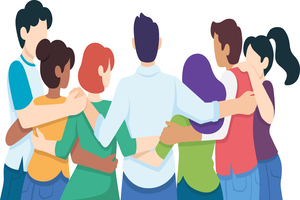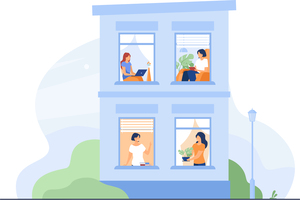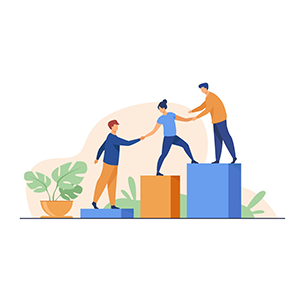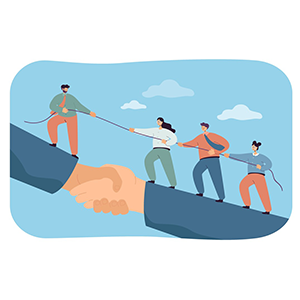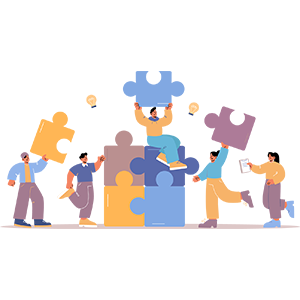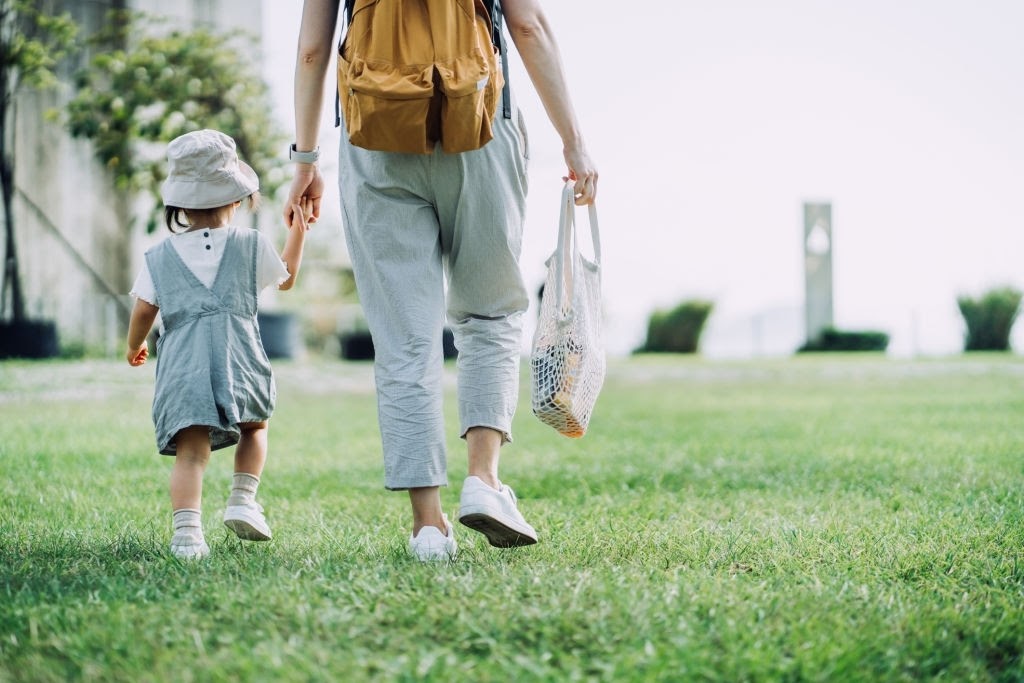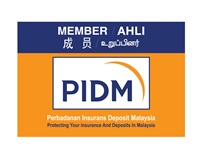Allianz Malaysia Berhad Group (“Allianz Malaysia”) Corporate Responsibility (“CR”) efforts are driven by the Allianz4Good Department. Since 2021, our CR efforts have been restructured to take into consideration holistic development alongside the long-term effects of the pandemic on our target communities.
The realities of the pandemic and climate change have transformed the way we view our interventions, requiring a delicate balance between ensuring the basic survival of many communities, through stopgap measures such as food and relief aids, alongside longer-term programmes which enable sustainable impact for society as a whole.
With new assessments in place, we streamline our initiatives around the two pillars of Social Inclusion and Sustainable Futures. This approach allows us to drive our societal objectives and the United Nation’s Sustainable Development Goals within our partner communities more effectively and holistically.
